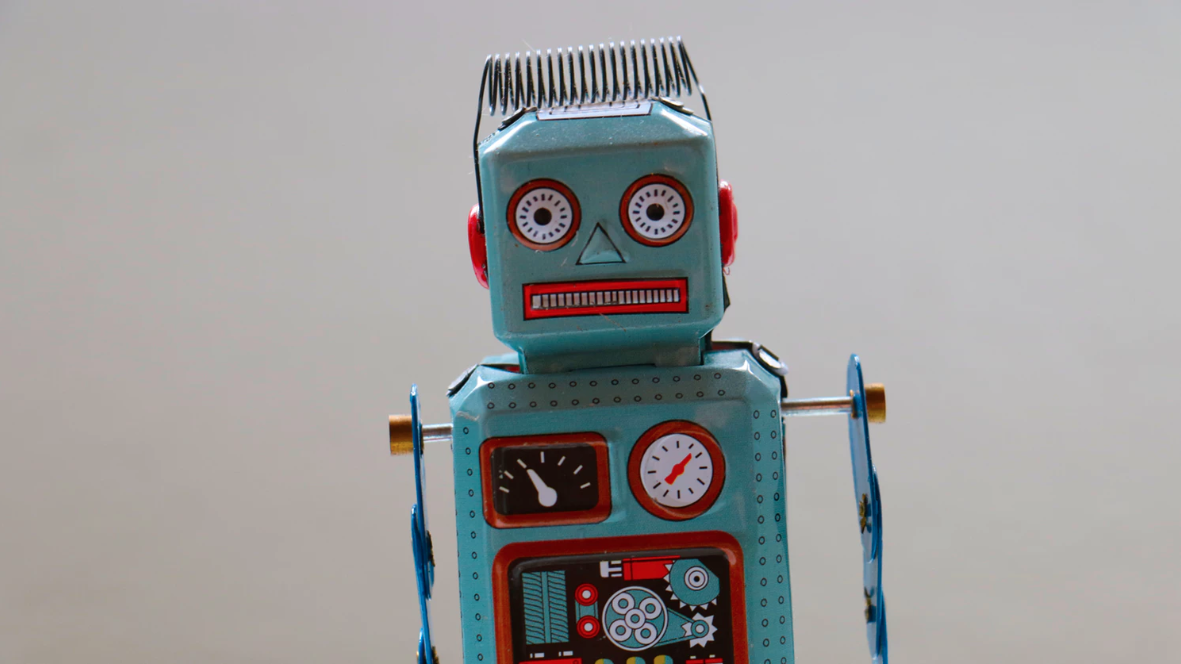
Change. Every generation faces it. Shifts in populations, technology, governments, even borders alter and disrupt our lives. However, when most people talk about disruption in the 21st century, they are talking about one thing–technology. Just a few generations ago, people carried change for the payphone in their pockets to use in case of emergencies. Today, that pocket holds a mobile phone and social media sites facilitate emergency communications.
Understandably, the need for payphone repair personnel is on the decline while new careers such as social media management have arisen. But, it isn’t just workers in declining industries that face disruption due to technology. According to some reports, close to 50% of today’s jobs will become automated in the future.
Job eliminations and shifts caused by automation are nothing new. Once upon a time, the tractor replaced the plow. The sewing machine replaced the needle and thread. With each new advance, some tasks requiring human participation are eliminated and others created. The tractor and the sewing machine require manufacturers, operators, and repair personnel.
Fear of the unknown and machines that know too much
So what is different about the latest phase of innovation?
Why did 48% of respondents to a 2014 Pew Research Future of the Internet survey believe that the coming wave of automation and Artificial Intelligence (AI) will trigger widespread “increases in income inequality, masses of people who are effectively unemployable, and breakdowns in social order?”
Perhaps this pessimistic view was triggered in part by the potential which experts across industries see in AI.
An automated device is useful for performing a repeated task. Over time, these devices have become more sophisticated. However, at their most basic, they remain machines that cannot perform beyond their human-set parameters. Much of what is done at work still requires human intelligence. We people are in the clear because machines can’t perform HITs (Human Intelligence Tasks).
But it is exactly these HITs that AI is aiming to perform. The goal of Artificial Intelligence is to create machines that can mimic human behavior and intelligence. And, according to researcher Stuart Elliot, AI is closing in. Discussing the three most common workforce skills identified by the Organization for Economic Cooperation and Development (OECD) in his report, Computers and the Future of Skill Demand, he writes that “computers are close to reproducing these skills at the proficiency level of most adults in the workforce. Only 13% of workers now use these skills on a daily basis with a proficiency that is clearly higher than computers.”

Will AI (or automation) take your job?
Considered without context, the fact that computers can do much of what any given job requires can seem scary. But if you consider that a job consists of more than just these discrete tasks, the outlook becomes less dire. According to the OECD report, The Risk of Automation for Jobs in OECD Countries, when taking a task-based approach to the analysis of automation’s impact, only 9% of jobs across OECD companies are automatable. The report’s authors further note that estimations of “jobs at risk” should not be equated with actual job losses due to the number of variables unaccounted for in arriving at such estimations.
Yes. AI will definitely eliminate some jobs entirely. If all the tasks of a job can be automated for less cost than paying a human to perform it, the fundamentals of economics tell us that employers will automate it. This is the reason retail stores are adding self-serve kiosks, robots paint cars, and websites are adding chatbots.
However, as Lori Kletzer writes in The Question with AI Isn’t Whether We’ll Lose Our Jobs–It’s How Much We’ll Get Paid, “It’s likely that humans will continue to dominate machines in a variety of skills, including creativity, interpersonal relations, caring, emotional range and complexity, dexterity, [and] mobility.” Kletzer further adds that where AI can’t match humans in terms of cost or productivity, humans will still carry the advantage.
Think about it. If developing creativity and leadership skills are tough for you, an AI system probably isn’t going to pick them up overnight (notwithstanding recent reports of AI taking the art world by storm). And, soft skills are equally challenging to develop yet remain in high demand.
What will future careers look like?
As you contemplate what the future holds for your career, consider not what AI might do but what you can do. Whether AI is on the scene or not, the demands of your job are likely to change each year. And, over the course of your working lifetime, you’ll probably change jobs and careers several times.
The real threat AI poses to most modern workers is not that they will be replaced but that they will be displaced. Rather than focus on what is being lost to automation and AI, examine how these technologies can complement your work.
How will AI help you be more productive and lower costs for your employer? What can you learn about emerging technologies today that will position you to transfer to a rising career field in the future?
Continue to develop your career and you’ll be prepared for whatever jobs the future holds.

